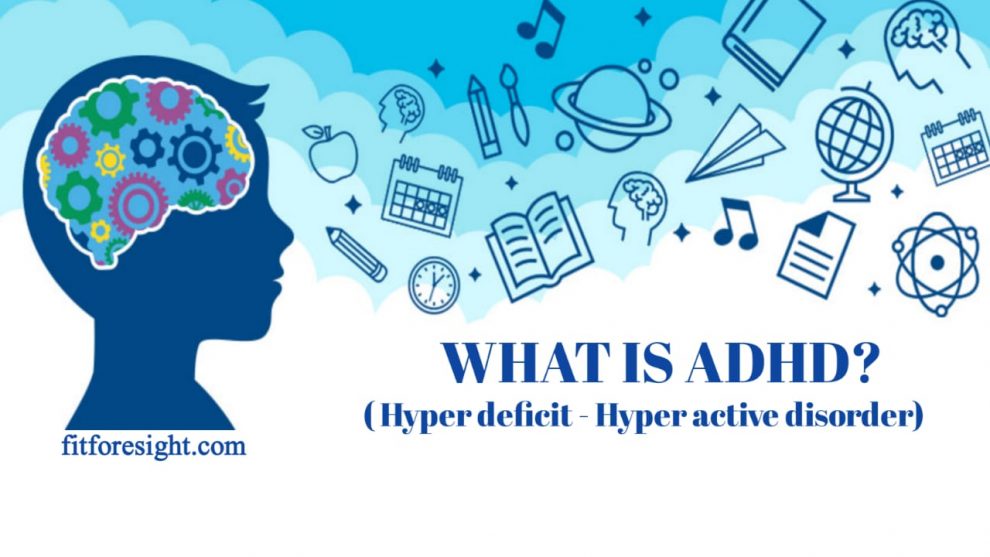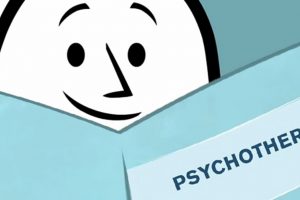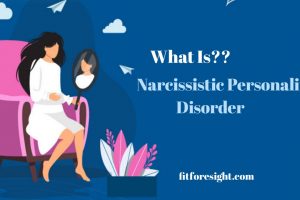ADHD is a complex neurobiological disorder characterized by persistent patterns of inattention, hyperactivity, and impulsivity that interfere with daily functioning. While it is often diagnosed in childhood, ADHD can persist into adolescence and adulthood.
Common Causes of ADHD
Research suggests that genetics play a significant role in the development of ADHD. Children with a family history of the disorder are at a higher risk. Additionally, prenatal factors, such as exposure to toxins or maternal smoking during pregnancy, can contribute to its development.
Symptoms of ADHD
The symptoms of ADHD can be categorized into two main types: inattentive and hyperactive-impulsive.
Inattentive Symptoms include:
- Difficulty sustaining attention in tasks or play activities
- Frequent careless mistakes in schoolwork or other activities
- Poor organization and time management
- Avoidance of tasks that require sustained mental effort
- Often loses necessary items (e.g., keys, books, phone)
- Forgetfulness in daily activities
Hyperactive-Impulsive Symptoms include:
- Fidgeting or tapping hands or feet
- Inability to remain seated in situations where it’s expected
- Running or climbing in inappropriate situations
- Inability to play or engage in activities quietly
- Talking excessively
- Interrupting or intruding on conversations or games
Diagnosing ADHD
Diagnosing ADHD involves a comprehensive evaluation by a healthcare professional, including a detailed medical history, interviews with parents or caregivers, and an assessment of the individual’s symptoms. The Diagnostic and Statistical Manual of Mental Disorders (DSM-5) outlines specific criteria for an ADHD diagnosis.
Managing ADHD
Effective management of ADHD often involves a multimodal approach tailored to the individual’s needs. Here are some key components:
- Behavioral Therapy: Behavioral interventions, including behavior modification and parent training, can help individuals develop essential skills for managing symptoms.
- Medication: In some cases, healthcare providers may prescribe stimulant or non-stimulant medications to help manage ADHD symptoms. These medications can enhance focus and reduce impulsivity.
- Educational Support: Children with ADHD may benefit from specialized educational programs that accommodate their learning needs.
- Lifestyle Changes: Implementing a structured daily routine, setting clear expectations, and encouraging regular exercise and a balanced diet can help manage symptoms.
ADHD Across the Lifespan
While ADHD is often associated with childhood, it can persist into adulthood. Adult ADHD may manifest differently but can still affect work, relationships, and overall quality of life. Early diagnosis and appropriate interventions can help individuals of all ages thrive.
ADHD is a complex neurodevelopmental disorder with a wide range of symptoms and challenges. Understanding its causes, recognizing its symptoms, and employing effective management strategies can make a significant difference in the lives of those living with ADHD and their families. By fostering awareness and support, we can ensure that individuals with ADHD have the tools they need to succeed and lead fulfilling lives.

























Add Comment